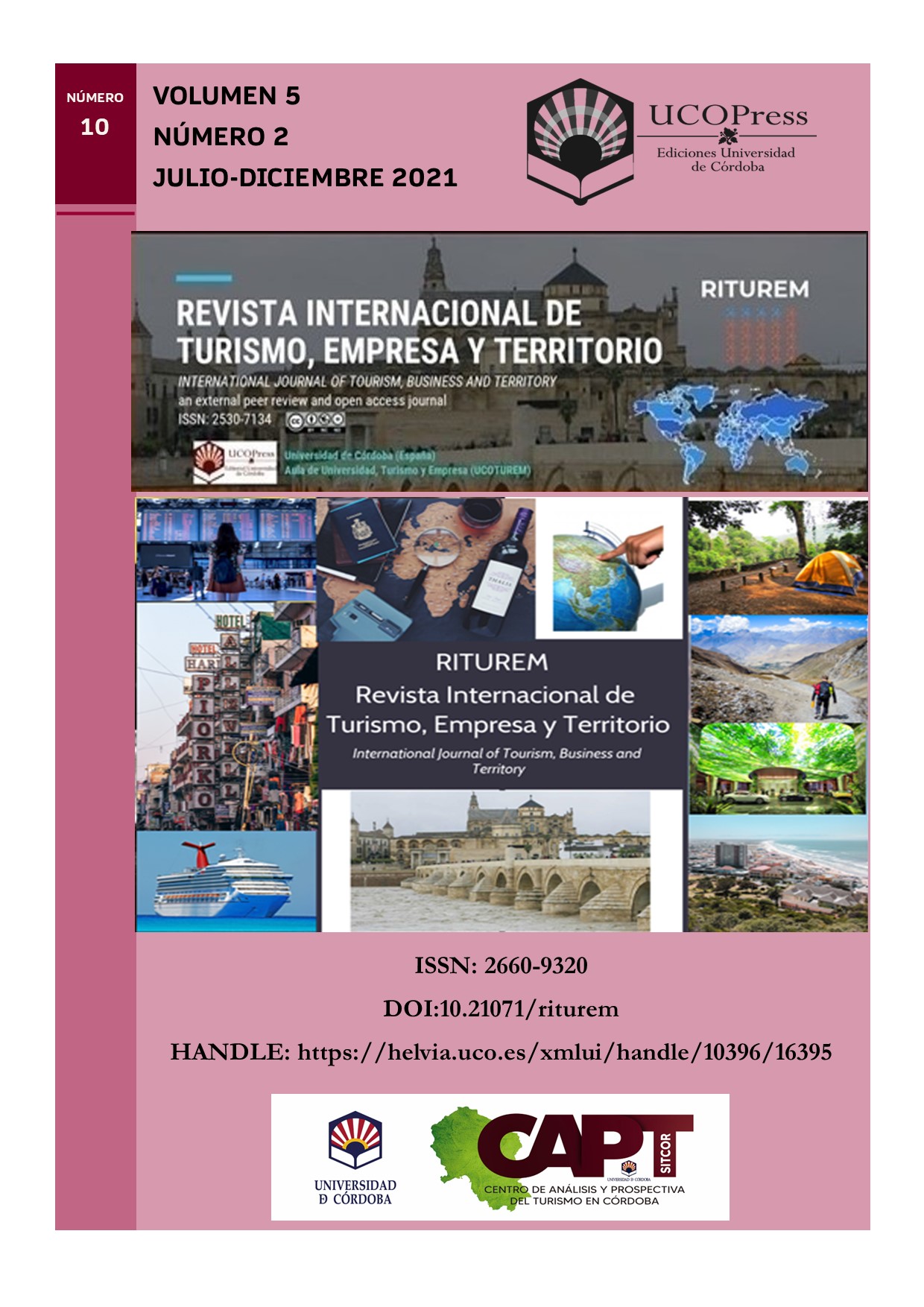Virtual hotel operator: a new option of business in the accommodation industry
Main Article Content
Abstract
The aim of this study is to explore how the Virtual Hotel Operator business modality is developing in Colombia. In a review of the press and specialized literature, it was found that Asian countries such as India, Indonesia and the Philippines are pioneers in the creation of this type of companies and that in Colombia a group of young entrepreneurs has ventured into it, under the name of Ayenda. In addition to written sources, interviews with its creators were analyzed, the certificate of existence and legal representation of the company and some of the affiliated hotels was obtained. To know the perception of users about the service offered in Medellín, the Colombian company, the Booking and Expedia portals were reviewed. It was found that most of the users are of Colombian nationality and that they consider a good cost-benefit ratio in the service received. In future lines of research, it is recommended to follow up on hotel improvement plans based on user comments, Also can be established a comparison between perception of customers regarding the service, between the Virtual Hotel Operators and the sharing economy offers, like Airbnb.
Keywords: Accommodation; innovation; virtual hotel operator; start up; tourism.
Downloads
Article Details
Copyright Notices Proposed by Creative Commons
Proposed policy for journals offering deferred open access
Those authors who have publications with this journal, accept the following terms:
1. The authors will retain their copyright and guarantee to the journal the right of first publication of their work, which will be simultaneously subject to the Creative Commons Recognition License CC BY-NC 4.0 (Creative Commons — Attribution-NonCommercial 4.0 International — CC BY-NC 4.0 ) hird parties to share the work provided that its author and its first publication is indicated this journal and no commercial use is made.
2. Authors may adopt other non-exclusive licensing agreements for the distribution of the published version of the work (e.g., deposit it in an institutional telematics file or publish it in a monographic volume) provided that the initial publication is indicated in this journal.
3. Authors are allowed and recommended to disseminate their work over the Internet (e.g. in institutional telematics files or on their website) before and during the submission process, which can produce interesting exchanges and increase citations of the published work. (See The effect of open access: http://opcit.eprints.org/oacitation-biblio.html.
